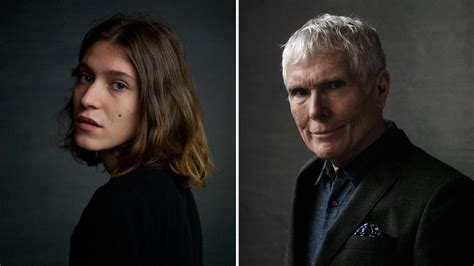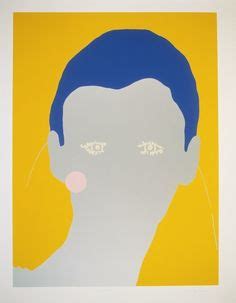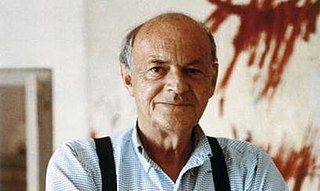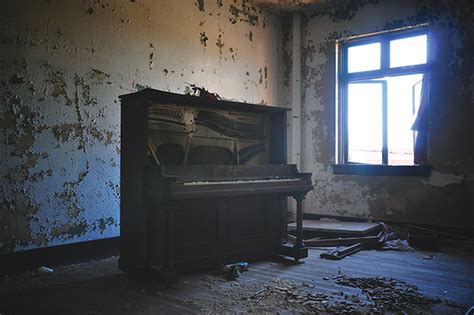A Quote by James Nares
It's true, I do sometimes suspend myself over the canvas, but mostly I work at a table when I'm making a painting. When I use 'The Rig,' my feet are firmly anchored. I lower myself horizontally just long enough to make a brush stroke - a matter of seconds - and then I'm upright again. My assistant then erases the painting quickly with a squeegee and I go for it again... until I get it right. It's like trying to hit a home run.
Related Quotes
Usually I'll drive to certain locations over and over again, over a course of months really. And then it might just be I hit it at the right time, and the right light. And then I might go to that location over and over again, and then what happens in that lag time where - the image sort of locks in - all of a sudden I see it in my mind's eye.
In my own worst seasons I've come back from the colorless world of despair by forcing myself to look hard, for a long time, at a single glorious thing: a flame of red geranium outside my bedroom window. And then another: my daughter in a yellow dress. And another: the perfect outline of a full, dark sphere behind the crescent moon. Until I learned to be in love with my life again. Like a stroke victim retraining new parts of the brain to grasp lost skills, I have taught myself joy, over and over again(15).
I sit for two or three hours and then in 15 minutes I can do a painting, but that's part of it. You have to get ready and decide to jump up and do it; you build yourself up psychologically, and so painting has no time for brush. Brush is boring, you give it and all of a sudden it's dry, you have to go. Before you cut the thought, you know?
Think of a fine painter attempting to capture an inner vision, beginning with one corner of the canvas, painting what she thinks should be there, not quite pulling it off, covering it over with white paint, and trying again, each time finding out what her painting isn't, until she finally finds out what it is. And when you finally do find out what one corner of your vision is; you're off and running.
If, while I'm painting, I distort or destroy a motif, it is not a planned or conscious act, but rather it has a different justification: I see the motif, the way I painted it, is somehow ugly or unbearable. Then I try to follow my feelings and make it attractive. And that means a process of painting, changing or destroying - for however long it takes - until I think it has improved. And I don't demand an explanation from myself as to why this is so.
The most difficult thing about painting is the self-discipline. When I finish a job, I give myself a few days, but then I have to discipline myself quite fiercely if I want to do some painting that's worthwhile. Otherwise, you're just doodling. It's much easier when you're just told what you have to do.
In fine arts, when you make a painting, it's just a painting. But if you make a painting in the entertainment industry, it can be an album cover or a t-shirt or a logo. I like that entertainment has this usefulness - that it's ultimately trying to make a bunch of people feel something, and to think about life and be able to use things that were so simple and direct but potentially have a really powerful effect.
I'll work by myself for years and then I'll think it'll be fun to et one of my friends like Marshall Brickman or Doug McGrath into a room and not be alone for the writing of the thing; to have the pleasure of taking walks and get lunch together; its sort of a fun process and then I do it and then I get back on my own for a while until I feel the need to do it again.





































